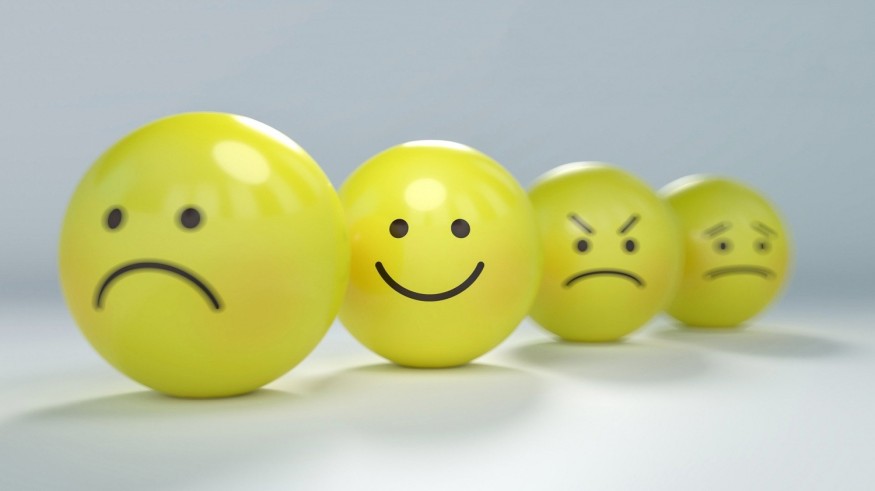The Oxford English Dictionary defines "happiness" as simply the state of being happy. But that definition is too short and vague. To dive a little deeper, it describes "happy" as the "feeling or showing pleasure or contentment."
This means that happiness is a state and is not long-lasting; it is equal to the feeling of pleasure or contentment, and it is not just an internal or external experience, but can be both.
However, this is not the only meaning of happiness. For the past decades that scientists have been studying happiness, a lot of definition has come up. And these point to how important it is to be happy as humans. Indeed, there is a lot more to learn about happiness than just the smiles on our faces.
READ: Psychologists Find Smiling Really Can Make People Happier
Defining Happiness in Positive Psychology
Happiness in positive psychology is also called subjective well-being or SWB. Others say that happiness is the core of SWB, and some would say that it is SWB. Nonetheless, SWB is often used as a shorthand for happiness in the scientific literature.
Defining happiness may not be as easy to define scientifically. There is a lot of disagreement among experts in its definition. But generally, all of them agree on what happiness feels like: the feeling of being satisfied with life, or being in a good mood, feeling positive emotions or enjoyment.

The definition of happiness in positive psychology can be characterized as the contentment and general satisfaction with one's present state.
However, happiness has close ties with pleasure that sometimes, it is hard to differentiate them. When it comes to positive psychology, it is essential to have a separate definition for the two concepts.
Although happiness is the state of contentment and satisfaction, pleasure often refers to sensory-based feelings of an in-the-moment experience like eating good food or receiving a compliment. Pleasure can contribute to happiness, and in a way, happiness can deepen feelings of pleasure.
Meanwhile, happiness and meaning have an even more distinct line between them. It is often confused or used interchangeably.
Meaning is not a fleeting state, unlike happiness. It is the broader sense of purpose and feeling of contributing to something greater than oneself. Although the two concepts may overlap, they both can contribute to each other's experiences.
READ ALSO: How Happy Are Healthy People?
Happiness and Its Importance
There are many theories about happiness, but they can be categorized into two: hedonic and eudaimonic. The former states that happiness is experiencing more pleasure and less pain, while the latter defines happiness as the result of a pursuit in life by attaining purpose, meaning, challenge, and personal growth.
These theories have identified similar factors that are important for overall happiness. These are individual income, labor market status, physical health, social relationships, family, positive emotions, and moral values.
To improve one's happiness is to examine how these sources of happiness will make a person happy and then enhance the quality of experiences in each factor.
But why is happiness so important? Well, happiness is connected to life satisfaction, meaning, and well-being. That means that there is a strong relationship between mental health and happiness.
Happy people tend to be healthier, have better relationships, make more friends, and find success in life. According to a study, happiness and mental health among college students have a positive correlation.
Happiness is enough reason to make it a priority, whether in families or communities.
READ MORE: Long-term Happiness Caused by Traveling, Not Shopping
© 2026 ScienceTimes.com All rights reserved. Do not reproduce without permission. The window to the world of Science Times.












